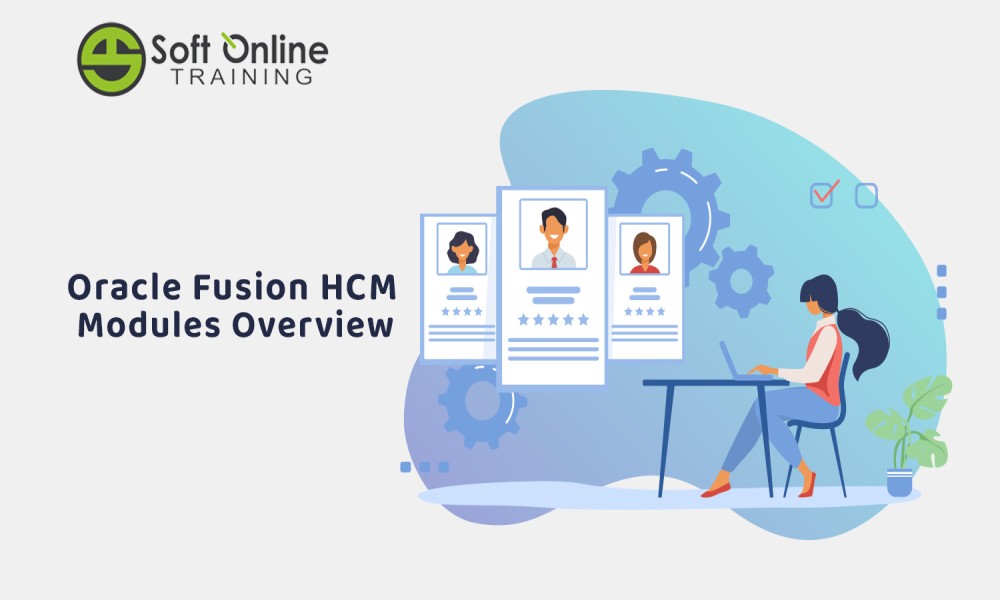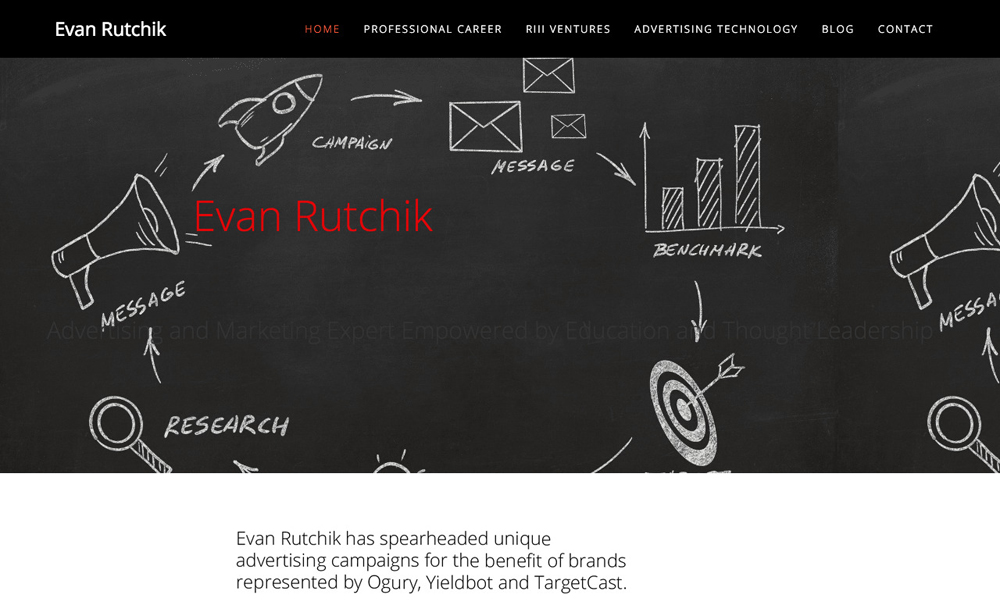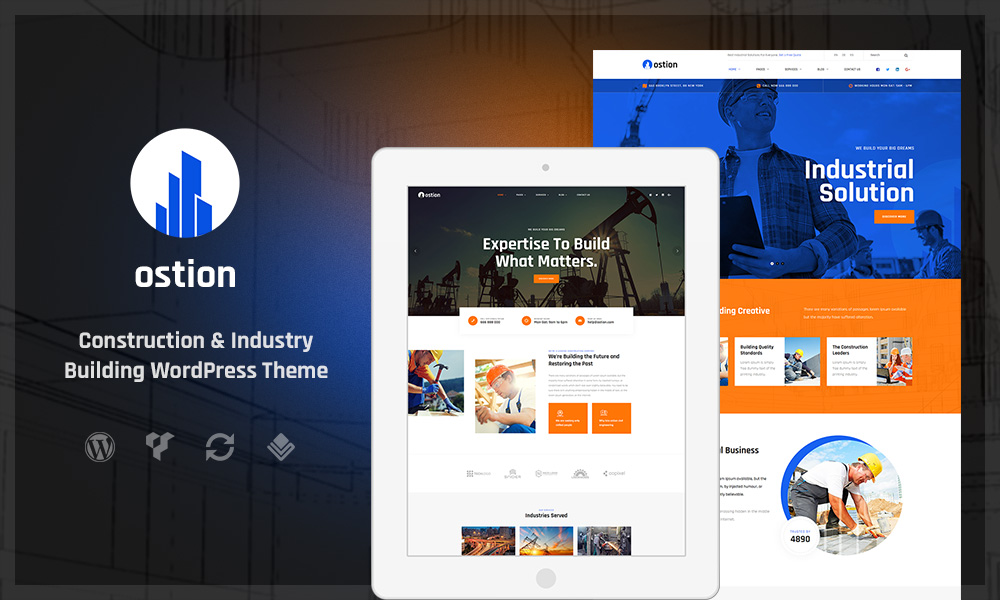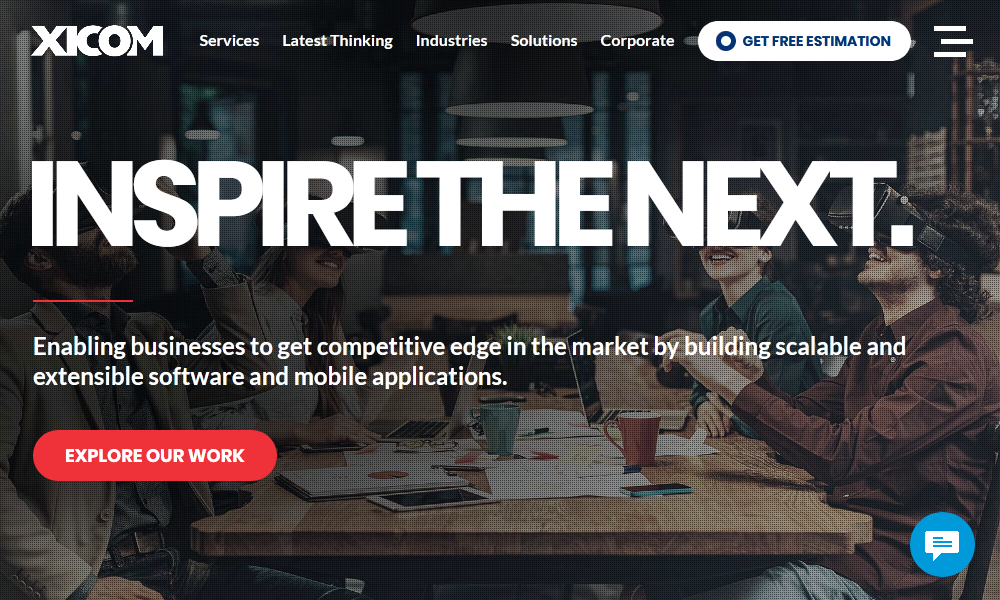Soft Online Trainings
by SoftOnlineTraining
Description
Oracle Fusion HCM Modules Overview
To run any business or organization, human resource plays a vital role. Hence, business owners need to capture all human resources information such as recruitment, joining date, department name, compensation, project that each resource working on, benefits, rewards and recognition programs, skill development programs, and finally retirement (Exit) Process. To maintain all this information, business owners need an Application that will take care of all the processes from Employee Entry to Exit. Hence, Oracle has designed an Application which is called Oracle Fusion HCM. Fusion is the application name and HCM stands for Human Capital Management. Oracle Fusion HCM has provided below modules and each module has its own significance. Clients or companies across the globe are using these Oracle Fusion HCM modules such as USA, India, UK, Australia, Canada etc.
Functional Domain Topics:-
-
Functional Setup Manager
To implement any HCM configurations for any business or organization, this is very important setup. In this topic, we will explain you the Job responsibilities of a Functional setup manager. How to create an implementation user?. What are the roles required for any implementation consultant? How will you receive the work allocation? The main difference between an implementation user and a super user? What is the significance of LDAP? Etc.
-
Core HR
Before we load employee names in the Oracle Fusion Cloud HCM application, we must create Enterprise Structure which will have organization details such as locations, office names, Department Names, Legal Entity address etc. Without Enterprise Structure, we can’t load employee names in the application. Under the workforce Directory, we can find all employee names with Department and location names. By using this module, we can easily track and generate reports as well. One more important feature from this module is called Workforce Predictions. Based on this data, we can predict employee performance and how long he/she will be able to work in this company? Another sub-module is called HR Helpdesk where all employees can raise a ticket which will be resolved by the HR team.
-
Payroll
From this module, we will talk in detail about the Global and Local Payroll setups. If the organization uses the third-party tool for Payroll and Core HR for the Oracle Fusion HCM module, then we have a Global payroll interface to connect both the system to generate accurate data.
-
Talent, Performance, and Goal Management
When a company or organization is looking for a resource with a specific skill set, they will be posted the requirement in the job portal or company website. If any person applied for this job and uploaded a resume in the company website, this will be routed to the recruitment page (Oracle Talent Management module). The talent acquisition team will review his/her profile and schedule an interview (written test). Every employee will have an annual goal to gauge his/her performance. This can be achieved by using the Goal Management module. To improve employee performance, he/she needs to get all required resources such as self-learning videos, documents, and books which will be available in the learning portal. Let’s say if an employee would like to learn any new skill such as Microsoft Excel, Data Science, MS-BI, etc, he/she will access this learning portal and request specific videos which will be approved by either his manager or supervisor. Once it is approved, he can get access to watch the videos anywhere as it is a cloud-based technology.
-
Absence Management and Oracle Time & Labor
In this module, we will go through what are the types of Leaves that are available for each employee such as Paid time off (PTO), Sick Leave, Casual leave, Optional Leave (Birthday, Anniversary), Privileged Leaves, Maternity Leave, Paternity Leave, vacation leave etc. As per the company HR policy, If the employee works for less than 3 hours a day that should be considered as PTO or if the employee work for 5 or less than 5 considered as half-day leave this can be achieved by using the Absence management module. All these leaves will be allocated based on the country that an employee works for. Some companies provide a Leave encashment policy which will be benefited employees. Once a leave request is raised by an employee, it will be routed to his manager or supervisor for the approval process. This needs to be configured by the implementation user. If the employee work for more than 8 hours, how much he/she needs to get an incentive for additional working hours will be decided in Time and Labor module setup. Absent Management, Time & Labor, and Payroll should be integrated and talk to each other to get accurate results.
Technical Topics:-
- OTBI Report Basics
- BI Reports Basics
- HCM Data loader
- Spreadsheet Data Loader
- Fast Formulas
- FBL
Who can learn and work on this module?
Any individual who has completed Graduation or Post Graduation (Specifically Human Resource Management related program not mandatory) will be able to undergo this training. Many individuals have a common misconception regarding IT jobs which is that “coding and languages (C, C+, Java)” are mandatory skill sets. But, it is wrong. IT professional jobs are divided into two different categories Functional consultant and Technical consultant. The primary job of a Functional consultant is to gather or collect requirements from the client and explain the current functionalities or capabilities which are available in Oracle Fusion HCM modules. In case if any of the business requirement is not meeting with existing Oracle Fusion HCM modules, Functional consultant will share the requirement to the Technical consultant. The technical consultant validates the requirement and fulfills it by using his technical skills such as Coding, SQL, Tables, and Reports, etc.
Soft Online Training Training Methodology:-
During Oracle Fusion HCM Online Training, we would explain to you each and every module’s significance and how organizations or businesses use the existing capabilities of the application and achieve efficient results. In this domain, we have two different users exist.
- Implementation User – Based on the client or business requirement, he/she will configure each and every module to support business functions
- Business User – Once it is configured, he/she will perform business processes such as Recruitment, Payroll, Compensation, learning modules, etc
At Soft Online Training, we have real-time experienced employees who are good at the subject and application knowledge and can deliver training in different methods. At the end of each class, we do conduct a Q&A session where student can address all their questions that will be clarified by the trainer. In case he/she misses any class, they will have an opportunity to watch the recording session in our Learning and Management System or portal Soft Online Training Students will get an Oracle Fusion HCM Demo instance where he/she can practice at their convenient time.
- Corporate Training
- Classroom Training
- Online Training
- Self-Paced Videos Access
Related Websites
-
Evanrutchik
by Evan Rutchik
771 -
SOTD
Ostion - Construction & Industry Building Company WordPress Theme
by Creative's Planet
1767 -
SOTD
Xicom Technologies
by Xicom
1479




